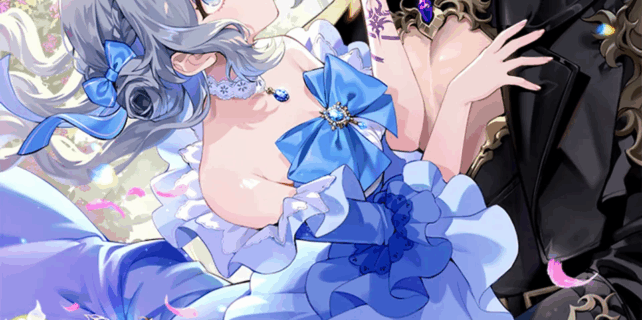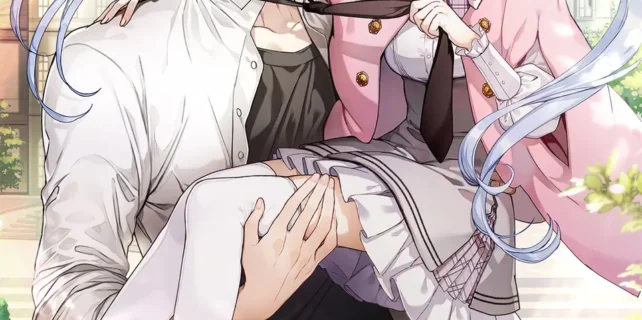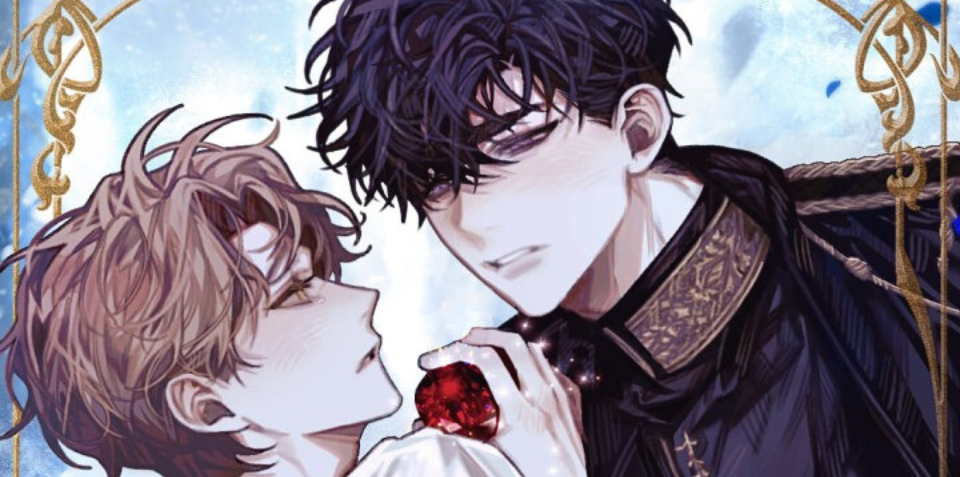No Such Thing as a Chaste Man! Just Give It Ten Tries! - Chapter 40
Sol’s masterful creation, the glass masterpiece of the Holy Kingdom.
This was how the people of the Holy Kingdom praised Ephelinus, the son of the Holy Emperor Jovanes Alife IV.
With his father being of the Alife family—renowned for producing the most Holy Emperors across the noble houses of Genève—and his mother being of the Sagmund family, second only in producing Holy Emperors, Ephelinus was effectively the Crown Prince of the Holy Kingdom.
Though clerical doctrine did not mandate s-xual purity for clergy members, and it was not unheard of for unmarried clerics to have families, the Holy Emperor’s blatant decision to father a child was a clear declaration of his ambition to establish his lineage as the next ruling Holy Emperor.
This was only tolerated because the Holy Emperor and the Alife family wielded enormous power, and the woman he partnered with was a devout and respected figure, venerated as a Saint in her homeland.
But above all, the unprecedented attempt to pass down the Holy Emperor’s position through blood was accepted because of Ephelinus’s devout and unblemished character.
From birth, he rarely cried, growing into a calm, dignified, and precocious priest. Blessed by Sol, he grew more saintly and beautiful as time passed, becoming a figure of admiration.
His serene leadership, deep faith, extensive knowledge of the scriptures, and exemplary conduct all made him an undeniable testament to Sol’s love. When he was ordained as a priest at just twenty years old and shortly afterward appointed as the youngest High Priest in history, no one objected.
And so, a few years later,
「 The avarice of the netherworld, ever yearning to defile the sacred plains of my children with its vile corruption, hath ascended even unto the heavens.
Thus, I shall bestow mine own power to smite the fell dragon, Ledaculus, who hath succumbed to the thrall of malice.
My beloved children, call forth a spirit of unblemished purity, one untouched by mine own breath, and suffuse it with the essence of mine strength, that it may bring deliverance. 」
When a divine oracle commanded the subjugation of a dragon that had been terrorizing Genève and encroaching on civilized lands, Ephelinus was the obvious choice to lead the summoning of a Saintess from another world.
“This is an opportunity given to you by Sol. With the sacred power inherited from the noble bloodlines of Alife and Sagmund, you will summon the Saintess.”
“……”
“Given the nature of summoning intelligent beings, your sacred power may be drained—or even your life force. But as Sol’s most beloved child and my son, you can achieve this. Unlike me, you also carry the Sagmund family’s protection.”
Yet, contrary to popular belief, Ephelinus was not chosen for his role because of his physical purity. Instead, the Holy Emperor merely wanted to bestow the glory of the summoning upon his son, manipulating public perception by falsely claiming physical purity was a requirement for the ritual.
Unwilling to bear the risks himself and unable to entrust the glory of summoning a Saintess to another cleric, the Holy Emperor saw his son as a convenient and fitting pawn.
“I bore the disgrace of consorting with a commoner to grant you this immense power. Now, honor Alife’s name by successfully summoning the Saintess for the sake of Genève. Do you understand?”
“…Yes, Your Holy Majesty.”
Ephelinus, who had known nothing but obedience to the Holy Emperor and the Church since birth, had no other choice.
It was his father’s decree, his destiny as the Crown Prince of the Holy Kingdom, and the hope of all living beings in Genève.
He had to comply.
However, there was one thing Ephelinus insisted on.
“While being chosen as the Saintess is an honor, if the summoned one came from a life of peace, they might struggle to adapt to Genève.”
To minimize the burden on the summoned individual, Ephelinus made modifications to the summoning ritual, even at the risk of his own life force. He added conditions to ensure that only someone with no significant ties to their original world, someone feeling deep loneliness and a diminished will to live, could be summoned.
This is how Seo-ah arrived.
A girl with cropped black hair that exposed her pale neck, distrustful brown eyes that seemed to shine with skepticism, and attire resembling that of a modestly affluent commoner—complete with a jacket and tie but paired with a skirt short enough to reveal her knees.
“Tsk, tsk. Look at that uncivilized appearance. She’s here because she resonated with your sacred power. Take responsibility and groom her into a proper Saintess.”
Without so much as a word of congratulations for the life-threatening success of the summoning ritual, the Holy Emperor handed Seo-ah over to Ephelinus.
Thus began their story.







